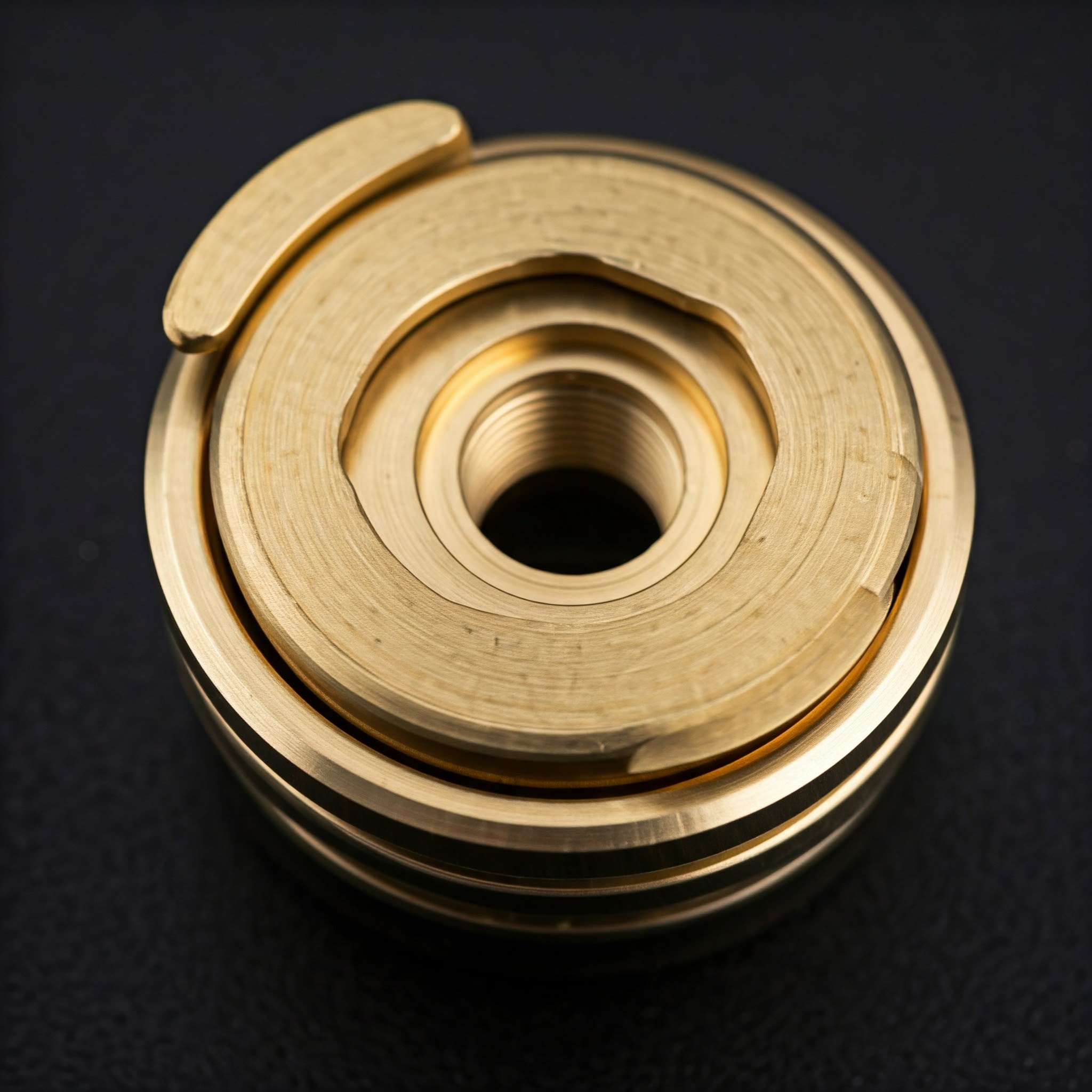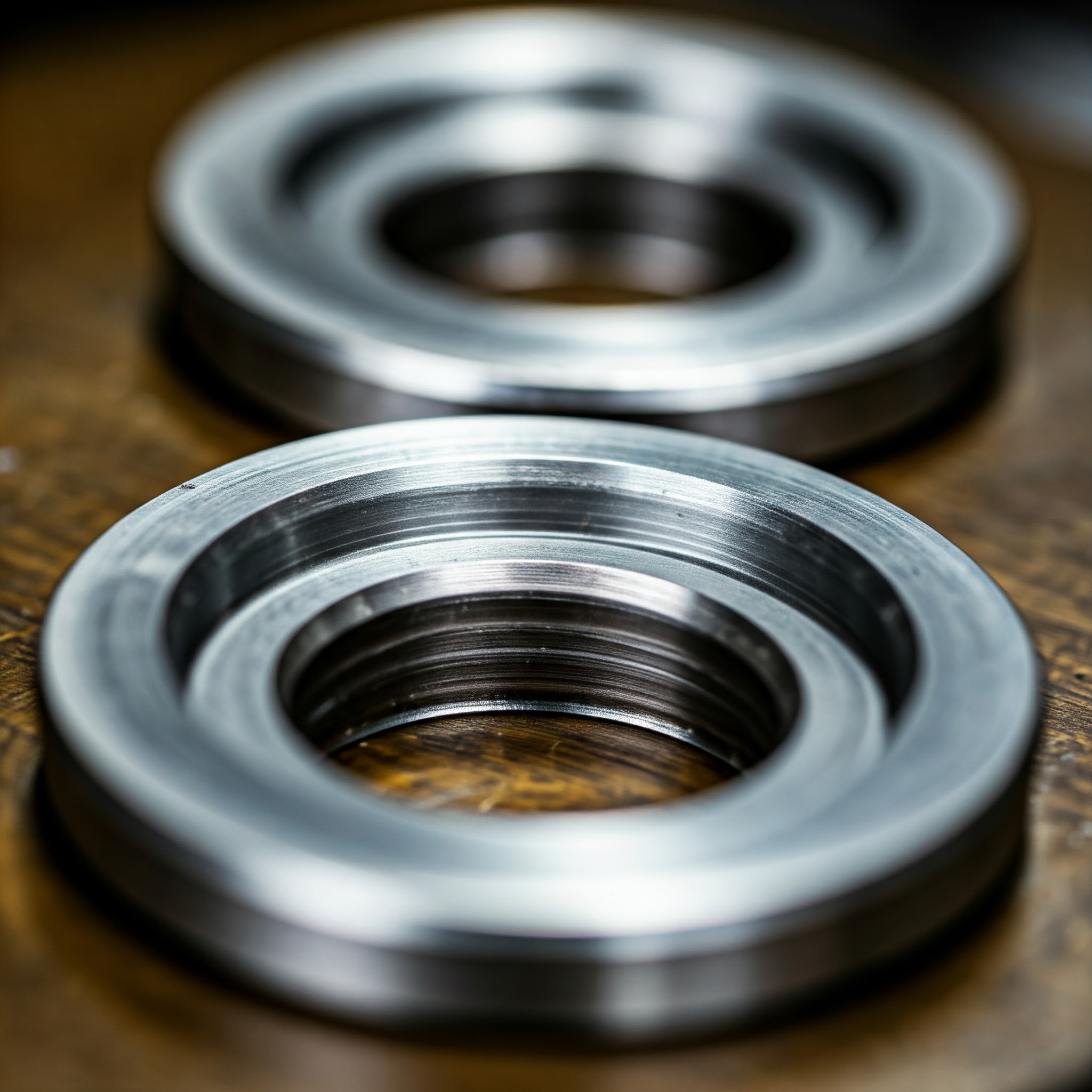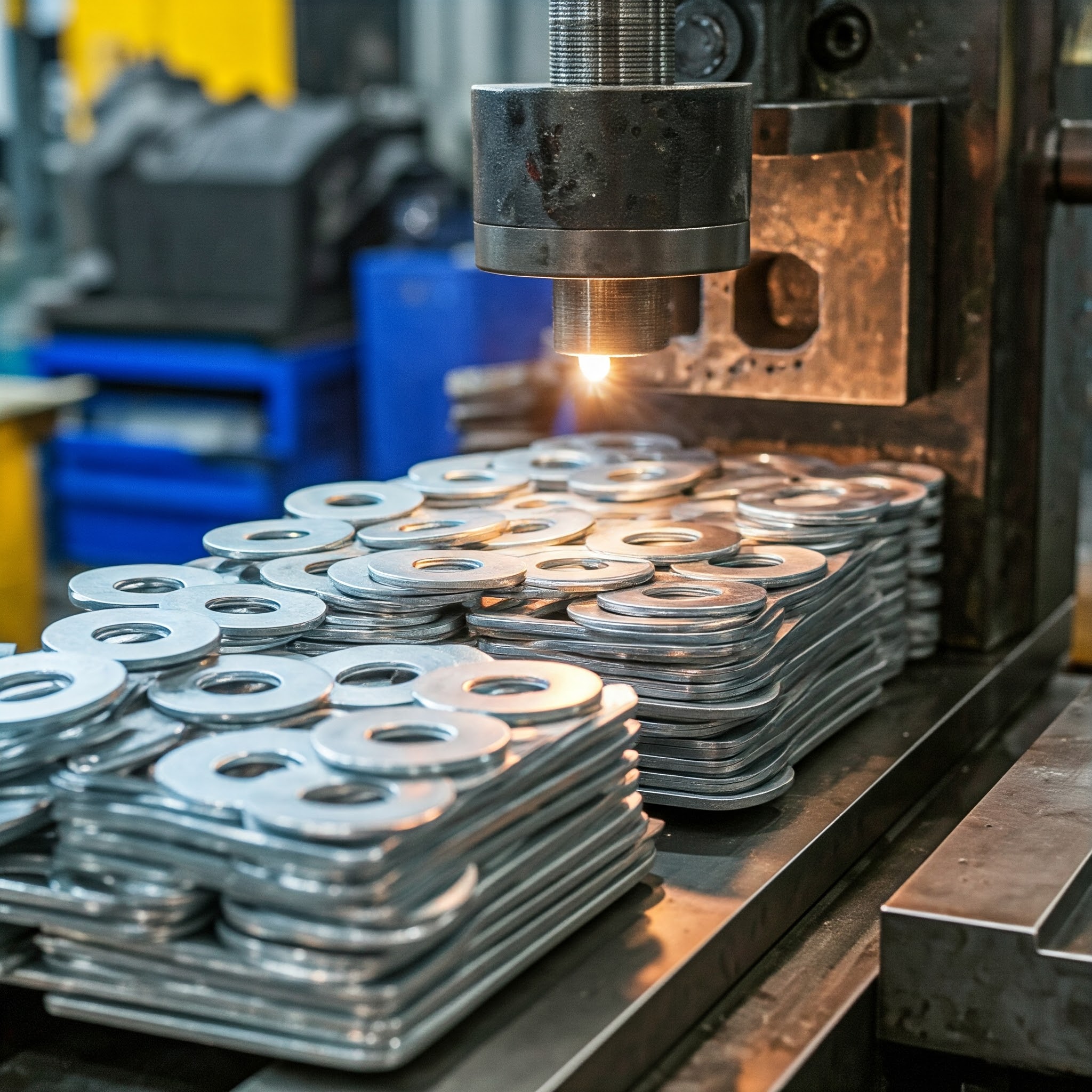
Tab washers may not be the most talked-about fasteners in the world, but they play a crucial role in ensuring the reliability and safety of various mechanical and structural assemblies. If you’ve ever wondered about the different types of tab washers and where they are used, you’re in the right place!
In this guide, we’ll walk through the different types of tab washers, explain their applications, and highlight their benefits in various industries. Whether you’re a DIY enthusiast, a professional engineer, or a contractor, understanding tab washers can help you make informed decisions about which fasteners are best suited for your projects.
Tab washers are a type of washer with one or more tabs that extend outward from the center hole. These tabs are designed to secure a nut or bolt in place by being bent up against a surface or fastener, providing extra grip and preventing loosening due to vibrations or movement. Tab washers are used in various mechanical assemblies to enhance the durability of joints and fastenings.
Unlike regular flat washers, tab washers provide an additional locking mechanism that is ideal for situations where standard washers may fail due to high vibrations, mechanical stress, or external forces. The tabs, when bent against a surface, create resistance to rotational movement, effectively preventing loosening.
There are several types of tab washers, each designed to meet specific application requirements. Here’s an overview of the most common types:
Standard tab washers are the most common type and are used in a wide range of applications. They typically feature a single tab that can be bent against the surface or fastener after installation. These washers are used when the primary need is to prevent nuts or bolts from loosening under vibration or impact.
Conical tab washers have a cone-shaped design that provides a greater surface area for contact. These washers are designed to help distribute pressure more evenly across the surface of the fastener, providing improved stability and preventing damage to the surface.

External tab washers feature tabs that extend outward from the washer’s circumference. These tabs can be bent against a surface after the fastener is installed. External tab washers are great for providing additional security and preventing loosening in assemblies that are exposed to constant or extreme vibrations.
In contrast to external tab washers, internal tab washers have tabs on the inner side of the washer. These washers are typically used in applications where the fastener is constrained within a housing or tight enclosure.
Serrated tab washers are similar to standard tab washers but feature serrated edges on the tabs. These serrated edges improve the grip between the washer and the surface it’s applied to, providing even greater resistance to loosening. These washers are ideal for high-vibration environments.
Tab washers are used in a variety of industries for their ability to secure fasteners under tough conditions. Here are some of the key areas where tab washers are commonly used:
The automotive industry is one of the primary sectors that benefit from tab washers. These washers are used to secure critical components such as engine parts, suspension systems, and exhaust systems. In cars and trucks, vibration is a common cause of fasteners loosening, making tab washers essential for ensuring the safety and durability of parts.

In construction, tab washers are used to secure nuts and bolts in structural elements like beams, trusses, and frames. These fasteners are essential in preventing the loosening of bolts over time, which could compromise the integrity of the structure.
The marine and offshore industries demand fasteners that can withstand extreme conditions such as high humidity, salty air, and constant motion. Tab washers are ideal for these environments, providing extra security to fasteners that are exposed to constant vibrations and movement.
In the electrical industry, tab washers are used to secure electrical components and prevent loosening due to vibrations. They are often used in circuit boards, electrical enclosures, and in the fastening of various electrical terminals.
When choosing fasteners for your project, you want to ensure that you’re selecting the right components for optimal performance. Here are some of the key benefits of using tab washers:

In this guide, we’ve covered the different types of tab washers and their applications. Whether you’re working in automotive, construction, marine, or electrical industries, tab washers offer an easy and effective way to ensure that your fasteners stay in place and your assemblies remain secure.
By choosing the right type of tab washer for your project, you’ll be able to improve the performance and durability of your mechanical systems. Remember, tab washers aren’t just about securing fasteners – they’re about ensuring the safety, efficiency, and longevity of your equipment.
Our range of shims includes metal, machine, industrial, precision, adjustable, machinery, engineering, custom, and alignment shims. These shims are designed for various applications, such as machinery alignment, fine adjustments in industrial-grade machines, engineering projects requiring steel shims, heavy-duty machinery requiring versatile metal shims, aerospace applications demanding precision stainless steel shims, automotive use requiring adjustable aluminum shims, precision engineering projects using high-quality brass shims, construction applications requiring durable plastic shims, specialized machinery needing customized shim solutions, and manufacturing processes requiring fine-tuning shims for precise alignment and accurate machine setup and leveling.



